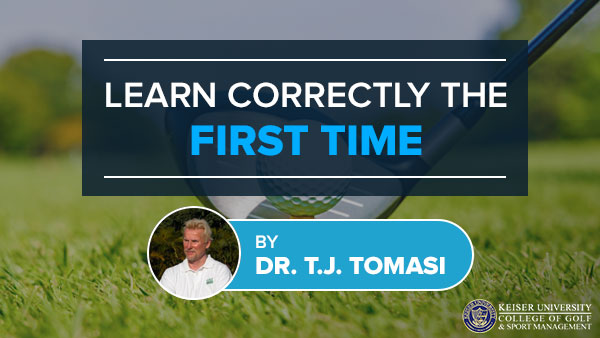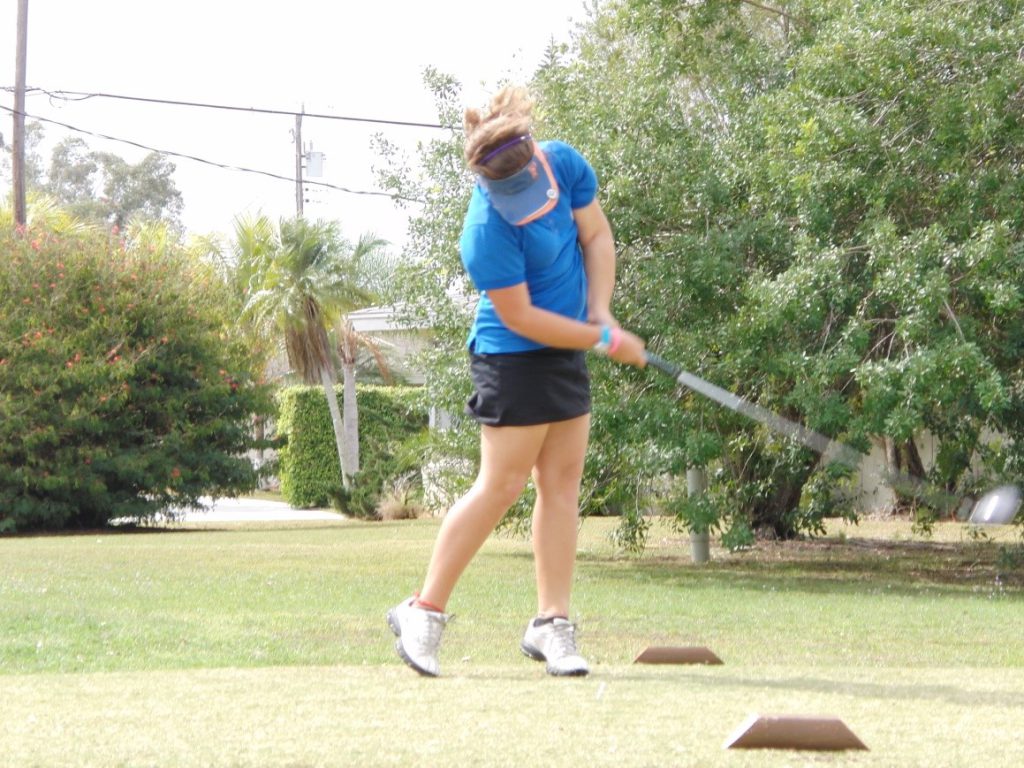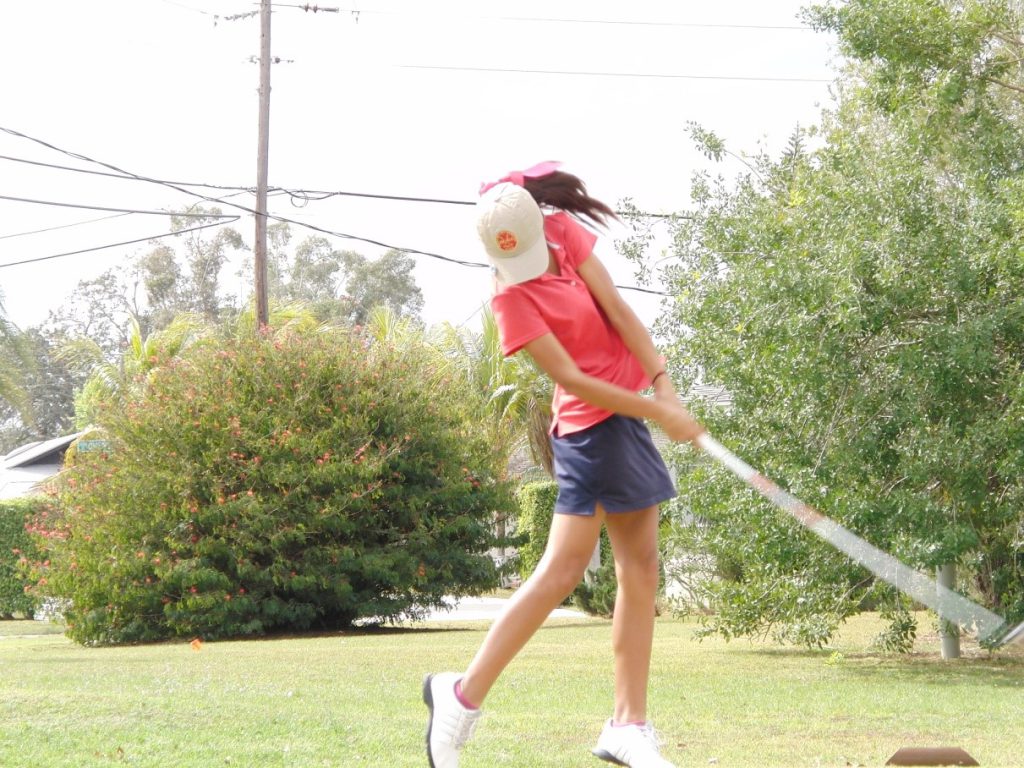Learn Correctly the First Time

by Dr. T. J. Tomasi, Keiser University College of Golf Senior Faculty and Director of Research
Previously, I described how becoming an expert at golf requires work. You must put forth a specialized, well-guided effort, called deliberate practice, and I outlined 10 elements of deliberate practice you should be aware of.
According to the findings of Anders Ericsson at Florida State University, it takes about 10,000 hours of deliberate practice to develop expertise in an athletic endeavor. And Ericsson believes that hard work, perseverance, and experience are more important than natural talent in producing a champion.
The more experience you have as a player, the greater the number of point A-to-point B problems you’ve experienced, and with each solution, you increase your ability to solve future problems. Proof of this is the fact that the pro tours are full of “overnight” successes who have worked 10 years in obscurity to get there. While this makes good sense, researchers at University College London wondered what part of the brain these 10,000 hours of experience are stored in. They found that the hippocampus predicts what is likely to happen in the immediate future by matching it to what has already happened — and it needs very little information from the current situation to make the correct match.
This basic dependence on experience appears to support Ericsson’s experience theory because the more golf experience you have, the easier it is to solve problems. The key here is that experience takes time to acquire, and therefore, you can’t rush it. To become an expert player, there comes a point where learning to swing must give way to learning to play, and the only way to experience playing is to play. By playing, you acquire the profiles you need to find the correct solutions to your point A to point B problems. Your training ground for the golf swing is the practice field, while the training ground for golf is the playing field. If you insist on playing golf-swing on the playing field instead of playing golf, you will block yourself from the process of accumulating correct golfing profiles. And then, not even a perfectly good hippocampus can save you.
Role of Repetition
Phillippa Lally, at University College London, projects that it takes between 18 and 254 days to learn a new habit. Other researchers show that to learn a new motor habit takes about 300 deliberate repetitions, while to relearn a movement takes about 3,000. Obviously, these are ballpark figures, but one thing’s for sure: It is far more difficult to replace a motor skill that is mislearned than to learn one correctly in the first place. This is why it’s so important for juniors and novices to take lessons and learn the golf swing correctly the first time around. Even though most will never attain the expert rank because they lack the time, money, or simply the motivation to apply 10,000 hours of deliberate practice, correctly learning the first time you pick up a club will make the game so much more enjoyable.

This faulty position must be relearned before this young golfer continues to improve her swing, but it will take a lot of deliberate practice to make the transition. At this point, she is forced to add compensations to control the ball, and the stronger she grows, the more offline the ball goes.

This is more like it. She has a good foundation to build on. The stronger she grows, the better she will hit it. She can add to her swing without resorting to compensations.
If you’d like to study with Dr. Tomasi and other PGA Master Professionals, contact The College of Golf today.














